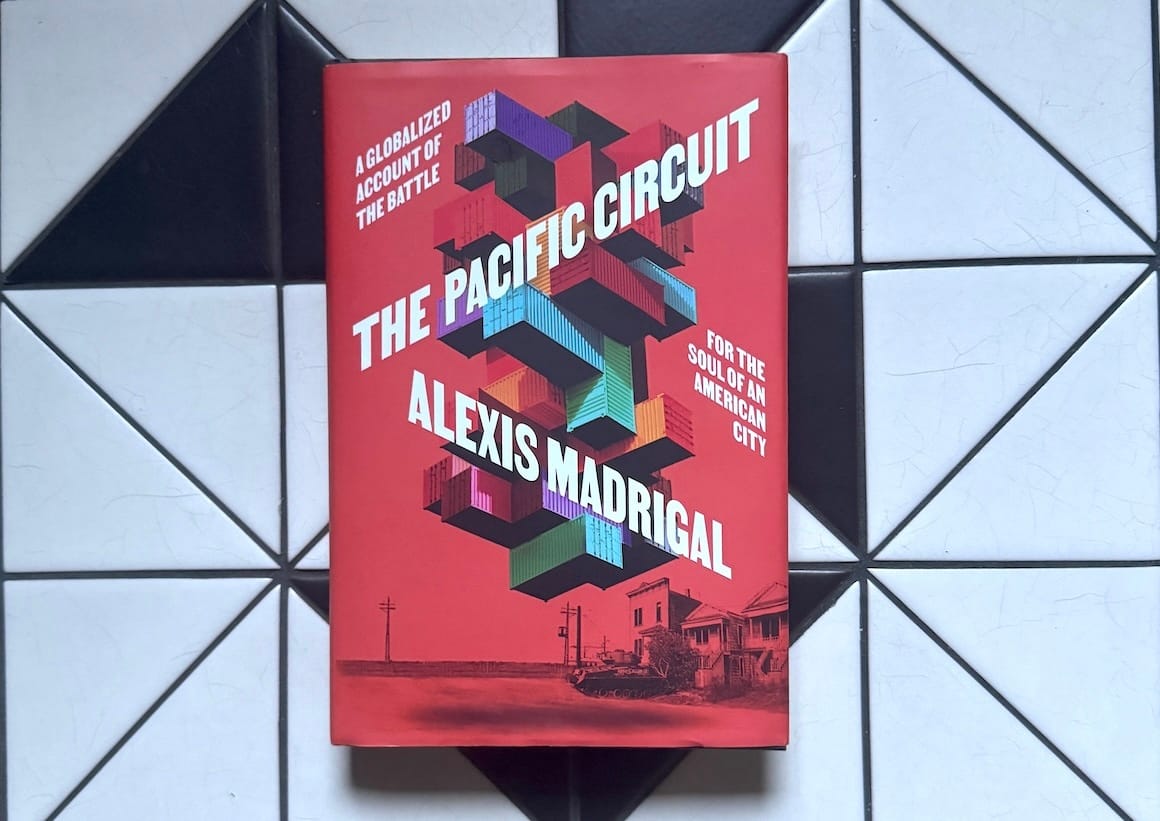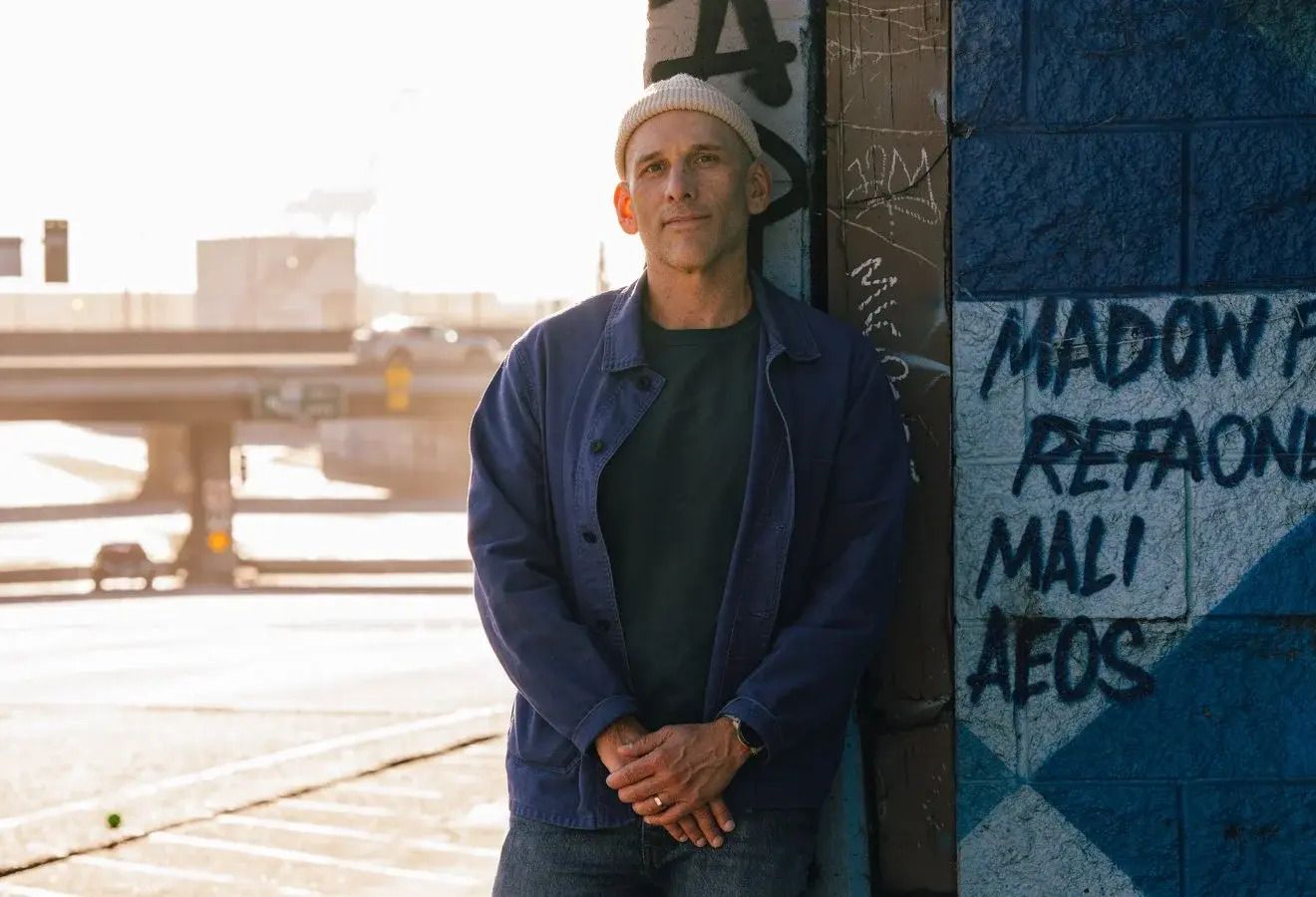- Curious Reading Club
- Posts
- Connect the dots with September's book of the month
Connect the dots with September's book of the month
We're reading Alexis Madrigal's rangey, riveting modern history "The Pacific Circuit".
Have you ever wondered why things are the way they are? Why do you buy what you buy, eat what you eat, and live where you live? Why does your town’s growth mean it has to adopt the same stores and outlets as everywhere else? Why do vibrant neighborhoods sometimes peter out over time? Why does every job seem more tenuous than the last, and why does every industry feel on the brink of crisis?
If you struggle to reconcile the idea that life is continually getting better—which, by some measures, it absolutely is—while the days and weeks often feel worse, you are not alone.
This month I want to share an audacious attempt to find answer those questions, an inquiry into those feelings.
It’s a piece of work that arm-wrestles a wild host of ideas into a handbook for anyone who lives in the 21st century. It’s The Pacific Circuit: A Globalized Account of the Battle for the Soul of an American City by Alexis Madrigal, and I’m excited to say it’s our book of the month for September 2025.

Released this past March, this is a book about a very specific place that is dear to Madrigal: the neighborhood of West Oakland, California, home to the earliest container port on America’s Pacific coast. It’s also about very specific people who live there and determine its future: including activists, campaigners, long-timers and locals, immigrants and incomers, business magnates and politicians.
But it’s also about everyone, everywhere, all at once.
It’s about the way that Oakland’s experiences, and its role in forging the trade connections between America and Asia (that’s the Pacific Circuit of the title) has shaped modern life for all of us, not just those living in one corner of the San Francisco Bay.
⌘
Madrigal—perhaps now best known for his role as a current host of the current affairs radio show KQED Forum, but also a former Wired, Atlantic and Fusion journalist—digs deep into his obsessions as he attempts to understand the world around him.
He wraps his hands around everything—everything—from super-charged industrialization and offshoring to container shipping and the supply chain; from the profits of war and geopolitical bullying to the mobilization of money and the movement of people; from urban development and civic decay to power, race, and local activism.

It’s a book that is absolutely bursting with concepts, connections and characters, one that felt almost ludicrously ambitious at times. Sometimes I felt the author’s hands pushing the material back into the book’s pages, a tourniquet to contain the sheer volume of stuff that is straining to stay inside. At times it felt like trying to keep up with a whirlwind, but when I was able to stick with its pace, I came away informed, illuminated and moved by his words.
And I think the book stuck with me because, after all, it’s this exuberant, chaotic combination of forces all smashing into each other that makes the Pacific Circuit itself. If the book feels like too much, that’s because life can feel like too much. The work feels like the world, and that makes it sing.
⌘
Copies of The Pacific Circuit are heading out now to paying club members (although remember that the Labor Day holiday will delay delivery) and I’m excited to say that Alexis will be joining us for the monthly Q&A session on Tuesday September 23rd at 7pm Eastern/4pm Pacific. Links will go out closer to the time, but I really hope you’ll come along.
In the meantime, if you’re not already a member of Curious Reading Club then what better time to join? For $25 each month you get a fresh, hand-picked non-fiction book that will challenge you, make you smarter.
Onwards
Bobbie